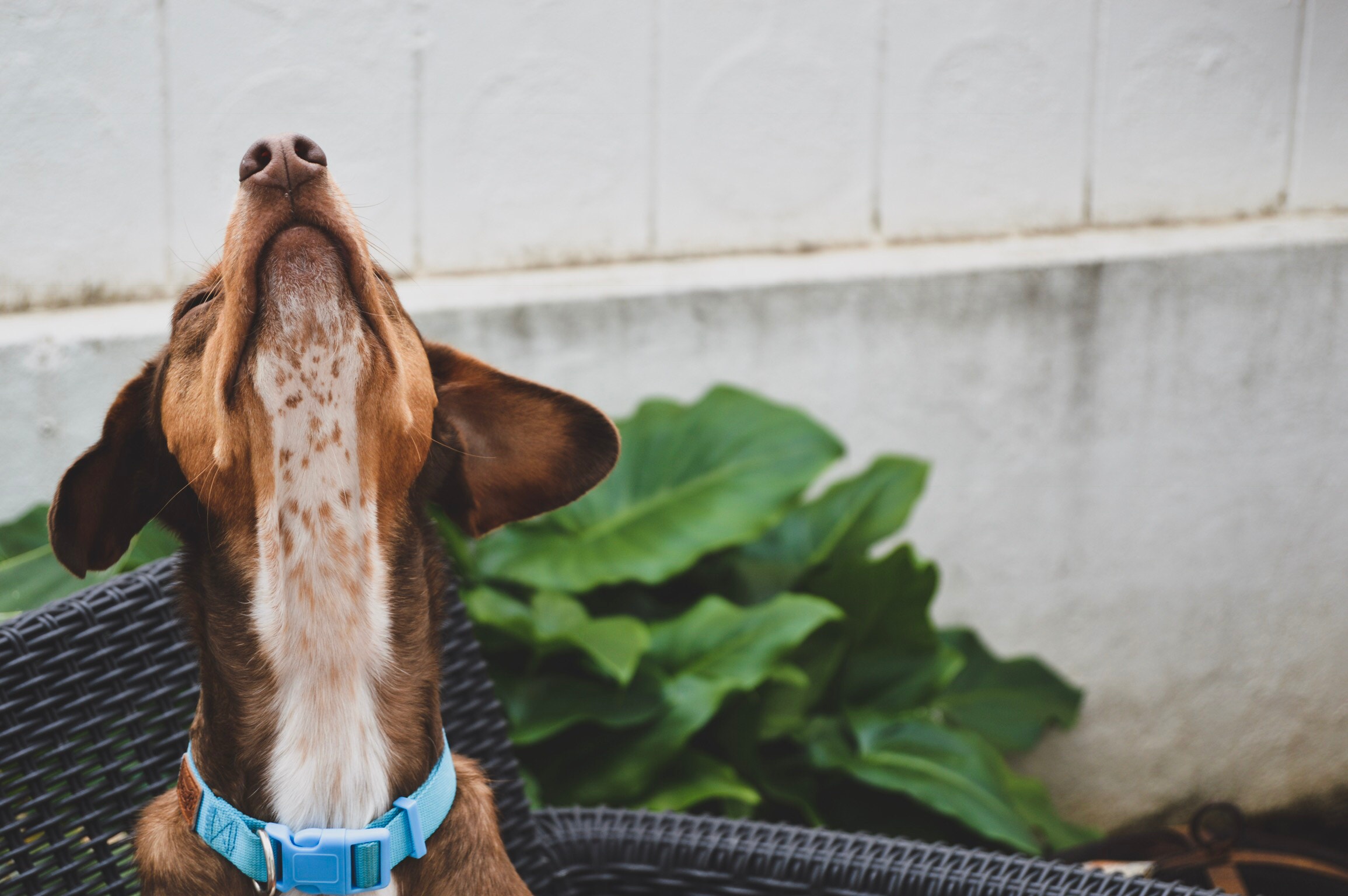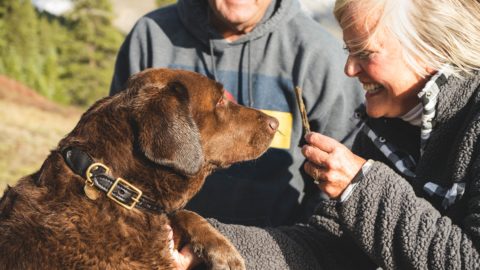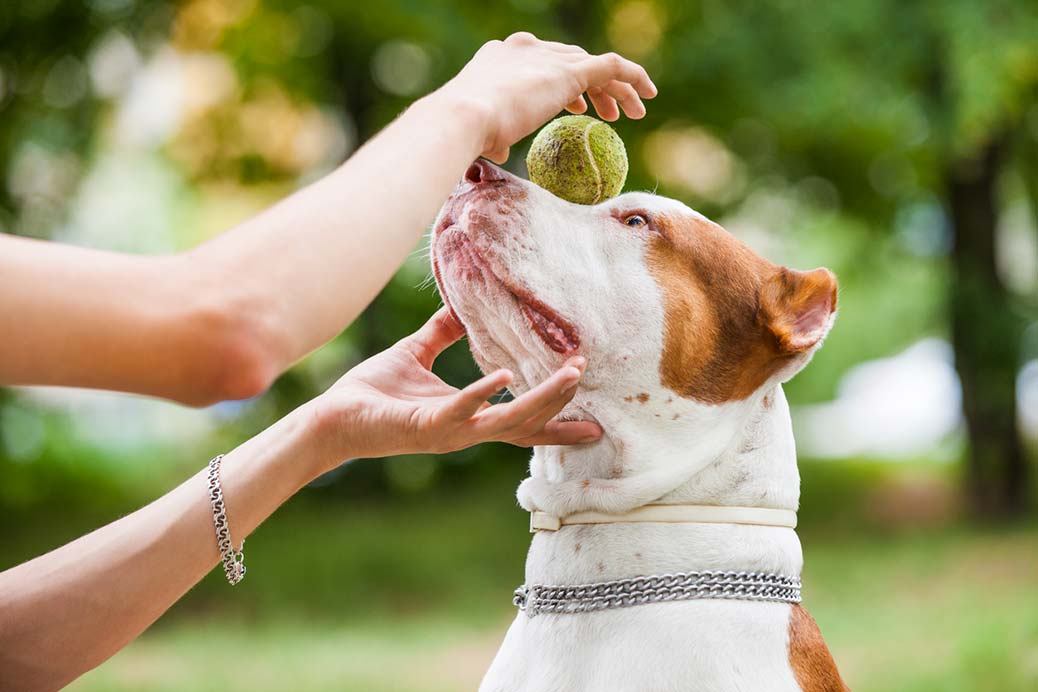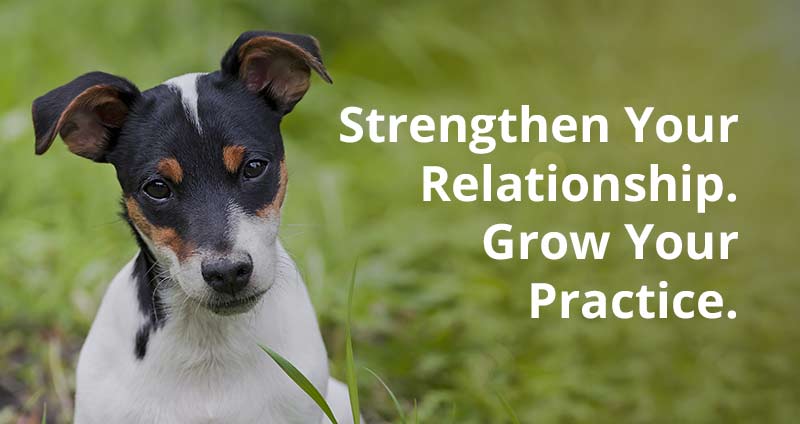Many families bring a puppy into their home around the holidays or in the new year. Although the “puppy under the tree” image is one that warms our hearts, it may not be the best time of year for getting a puppy. In addition to the hustle and bustle of the holidays, a disadvantage of getting a puppy in the winter is that you’ll be spending an awful lot of time outside for potty breaks in frigid temperatures. No matter what time of year you decide to bring home your new family member, however, there are several important guidelines to follow as you strive to set your pup up for a lifetime of behavioral wellness.
1) Housetraining. You will need to housetrain your pup and you should expect that there will be some messes in your home as you work through this process. Use a crate to take advantage of many pups’ “denning instinct” – a tendency to avoid urinating and defecating where they rest or sleep. Although some pups don’t exhibit this instinct, most will be more likely to hold their bladder and bowels when crated than if left free in a larger space. Of course, they should only be crated for short periods of time at first. A rule of thumb is to let your pup out at least every 3 hours at 2 months of age, every 4 hours at 3 months, and so on.
You should reward every successful pee and poo outside with an immediate tiny treat and praise for the first 4-6 weeks. If your pup loves to be outside, you should let her remain there for at least one minute after she pees or poos so that she doesn’t learn that pottying outside ends her fun time outdoors. On the other hand, if your little one is dying to get back inside (especially in the cold weather!), then bring her right back in after her treat as another reward for pottying outside.
Don’t let your uncrated puppy out of your sight over the first 4-6 weeks so that you can interrupt any accident in progress with a hurried trip outdoors.
Don’t rub your pup’s nose in her mess for any reason. This isn’t helpful and can cause fear and aggression in some dogs.
2) Preventing Destruction. Puppies really like to chew. Some will chew for hours on end, shredding toys to pieces. Many owners make the mistake of gradually taking toys away from their pups because the shredded mess is a bother to clean up. But if your pup is left without toys and bones to destroy, it could easily be your carpet or couch that is chewed instead. Unless your pup is ingesting chewed toy material, you should provide lots of toys for destroying and consider the cost and clean up a necessary part of puppy rearing.
3) Proper Socialization. Puppies should be brought into regular contact with friendly people and dogs over their first year of life. These interactions should be supervised to ensure that pups are relaxed and outgoing all along the way. If your pup is already exhibiting signs of fear or tension, you should continue socialization under the guided supervision of a board certified animal behaviorist or certified dog trainer.
Bring treats or kibble with you on outings and have people provide food in addition to affection. Ask people to get down and greet dogs from their own level, and encourage people to pet under the ears and chin at first. Ensure that other dogs your pup meets are friendly and tolerant. Some adult dogs are bothered by the energy of pups so, although a tolerant warning growl or bark is normal, avoid dogs who might exhibit serious aggression toward your pup. Arrange play dates if possible with friends’ or family members’ dogs to encourage one-on-one play in a fenced-in yard where possible.
4) Teaching Good Manners. Your dog is learning every waking minute of her day, so be sure to take the reigns on this learning by teaching her to respond to important commands such as Sit, Stay, Come, Leave It, and Drop It. Enroll her in a puppy kindergarten class or private obedience training that uses lots of positive reinforcement in the form of praise, petting, and treats. Of course, you must follow through with all of your homework assignments, and consider that your dog’s learning doesn’t stop even if you are no longer focused on training. I’ve had many clients whose dogs were the stars of their puppy class but come to me as young adults with all sorts of behavior problems. In the same way that these dogs learned their obedience commands in a snap, they can learn problem behavior as well!
Raising a puppy well is both a joy and a challenge and you should go into this great endeavor with careful consideration and an understanding that it will require energy, patience, flexibility, knowledge, and lots of love.





